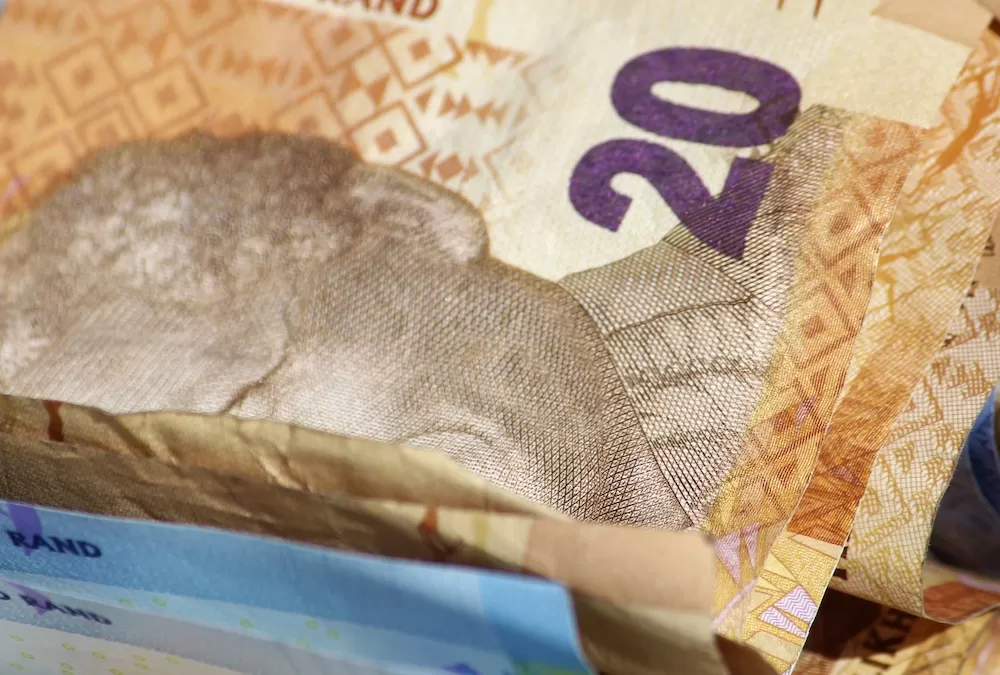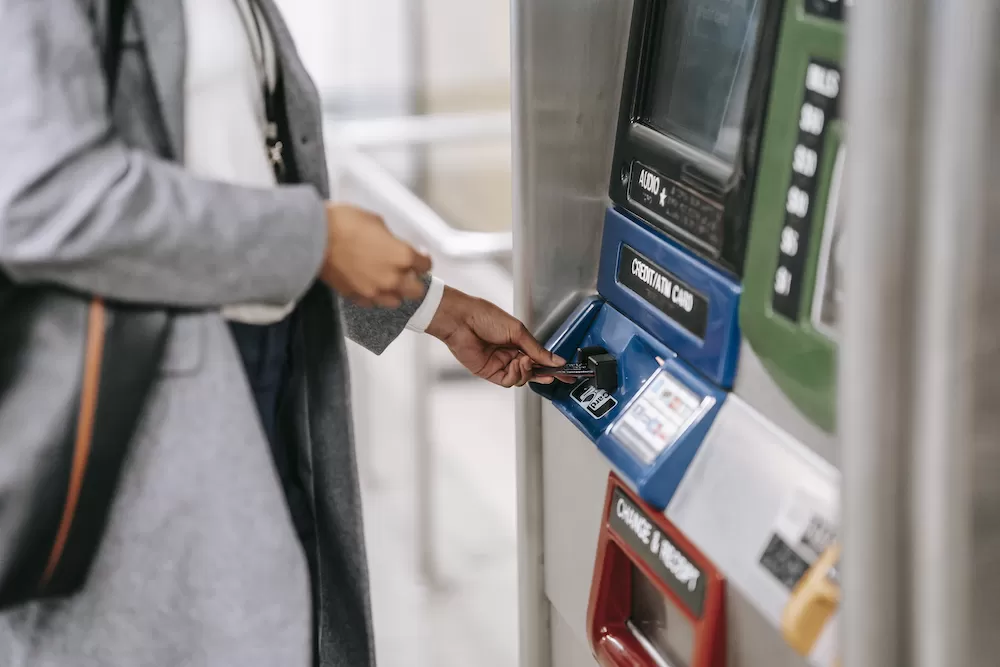Imagine how much easier your life will be when you open a local bank account in South Africa. If you'll be spending a lot of time here, especially if you'll be relocating here, then a local account is a must. Online money transfers and money exchanges can only do so much. When you have your own South African bank account, you'll have an easier time accessing your money. Not to mention paying all sorts of costs here too. So before you settle down in South Africa, make sure to open your local bank account first. Here's what you need to know about it.
Are You Required to Open a Bank Account in South Africa?
While it's not exactly required, you'd do well to open a local bank account in South Africa. Especially if you intend to live here for quite some time. Although there are all sorts of online money transfer programs available these days, they don't have the security that a standard bank account guarantees. And if you're planning to work in a South African company, it's easier to get paid in the local currency when you have a local account. All in all, it's all about the safety and wise handling of your finances while you're in South Africa.
The Two Types of Bank Accounts in South Africa
According to
Expatica, there are two types of bank accounts you can get. The first is the current account, mainly used for day-to-day banking. This is the account you use to deposit and withdraw cash through ATM machines as well as transfer money through online channels. The second is the savings & investments account, a more long-term approach to saving money. This is a way to help grow your money on top of the income you earn from your employment and other endeavors. You can also lock your account up to ensure that you get to save it up and protect it from outside forces.
The Requirements You Need to Submit
As with any other process, setting up a local bank account in South Africa requires a few documents. They slightly differ depending on your legal residency status in the country. If you've become a South African resident, you will have to show your passport, birth certificate, proof of employment, work permit (or study permit if you're a student), proof of address (utility bills, rental lease, etc.), and three months of bank statements. And if you're a non-resident, you need to present all of that as well as a letter of introduction from your home country bank.
Mobile Banking in South Africa
Seeing as South Africa is a technologically advanced country, mobile banking has also become available here. Most of the big banks in the country offer their own apps or online portals where you can conduct banking online. Once you have an account with them, they'll typically ask you to set up a username and password, as well as a Customer Selected PIN (CSP) number, to further secure your account when mobile banking. It ensures safety and security even when you're using your phone to do your online banking, no matter where you are.
The Best Banks in South Africa for Foreigners
Foreigners would benefit from choosing any of the “big four” banks in South Africa for their local accounts. These include
First National Bank,
Absa,
Standard Bank, and
Nedbank. Not only are they the most reputable financial institutions in the country, but they're big enough to cater to international clients as well. They can work with any other currency if needed and perhaps even connect to your accounts in other banks around the world. Moreover, these four banks all have their own mobile apps, online banking portals, and have the biggest number of ATM machines throughout the country.
More Things to Know About South African Banks
It's also worth noting the banks' schedule in South Africa. Most financial institutions, especially the big four banks, operate from 9:00 am to 15:30 (3:30) pm from Monday to Friday and 8:30 am to 11:00 am on Saturdays. Sometimes, they operate from around 12:00 noon to 13:00 (1:00) pm on weekends too. And while uncommon, there are a handful of local banks that also operate on Sunday mornings too but vary in schedules. As for the banks in the airport, many of them operate according to the schedules of international flights.
Planning to stay for a long time or even relocate to South Africa? Then you might want to open a local bank account here. You'll have an easier time dealing with your money and all sorts of financial issues if you do!



